Responsible Manufacturing
Investing in circularity is now an integral part of how responsible
businesses run their supply chains. As customers become more
environmentally conscious, regulations more stringent, and
investors increasingly favour circular business models, companies
are exploring new ways to retain the value of their products.
We have a holistic approach towards sustainable manufacturing of
MMCF. We apply the best combination of best in class technology,
global benchmark management practices & a well skilled & trained
operations team to deliver the highest quality fiber in safe and
environment friendly manner.
By continuously innovating the processes & technology, we have
been able to significantly reduce the resource consumption. This has
not only makes our plants more efficient but also helps the economics
of the process by making our products more competitive.

Overview of Manufacturing Technologies
Birla Cellulose has been consistently taking steps to attain global benchmarks in manufacturing man-made cellulosic fibres (MMCF), by consistently improving sourcing and manufacturing practices.The benchmarks also serve as moving targets for us, and once they are achieved, we work towards establishing newer, more innovative benchmarks.
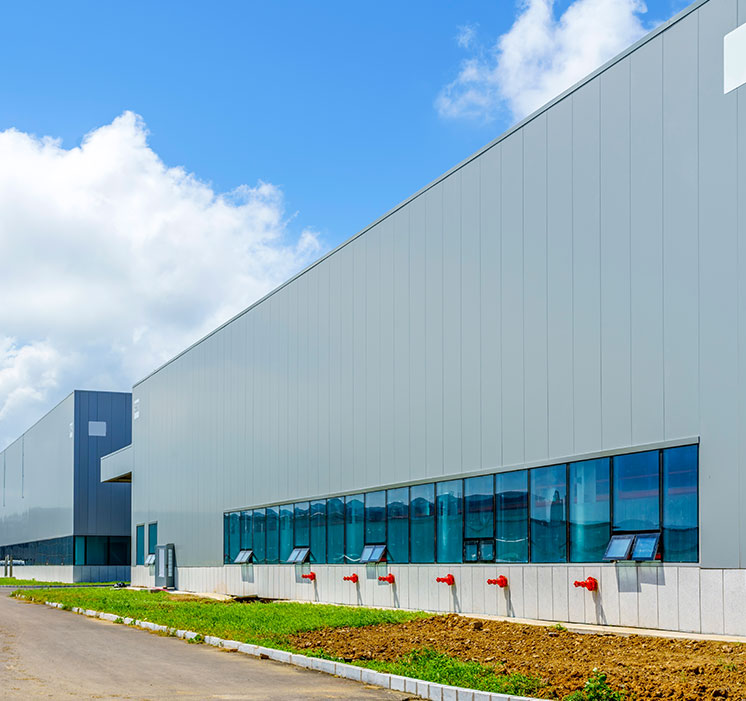
For eg - Dissolving wood pulp (DWP) is the purified form of cellulose and is used in a variety of applications. Wood is the key raw material for making pulp, which is sourced from certified and sustainable forests and is converted to products with a strong environmental profile. The dissolving wood pulp here becomes the main raw material.
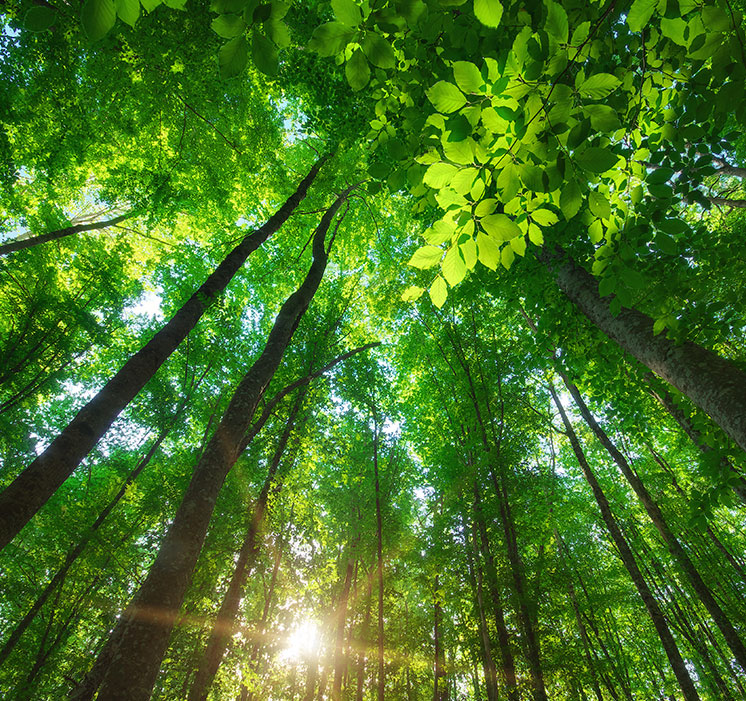
The pulp, which is in the form of sheets, is dissolved to make a viscous solution called viscose, or cellulose xanthate. This is done to convert the cellulose contained in the sheets into fibers. In the next step, the viscose solution is extruded through micron sized jets to make fibres. These jets are inside a bath called a spin bath, containing dilute sulphuric acid, zinc and sodium sulphate. The regenerated fibres are cut, washed and dried and packed in bales.

Lyocell fibre is produced by solvent spinning process which is entirely different to the viscose/modal process. What sets this process apart from the classic viscose process is the direct dissolution of cellulose or pulp in an organic solvent called N-Methyl Morpholine N-Oxide (NMMO) without using any other chemicals / solvents, which eliminates gaseous emissions.
Adapting Globally Recognised Standards & Systems
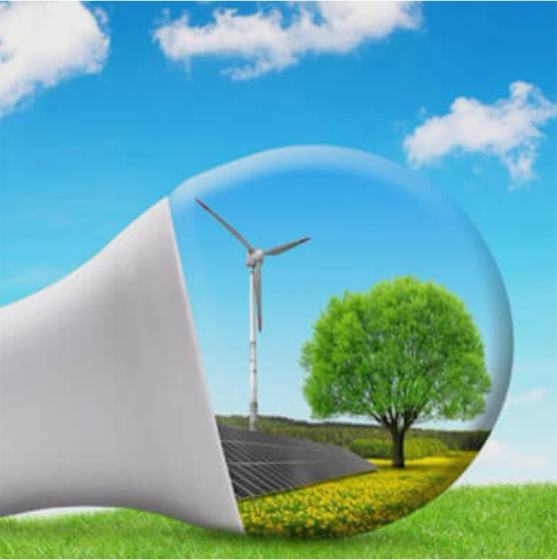
EU BAT
Our manufacturing units in China and Thailand comply adhere to most stringent environment norms and are EUBAT complaint, implying our responsibility towards reuse and recycling of effluents.

Higg Index
Birla Cellulose started its self-assessment journey with Higg Index FEM 2.0 and adopted FEM 3.0 that links manufacturers, brands and retailers together on measuring the impacts on an industrial scale. The aim is to effectively utilize FEM 3.0 version at all manufacturing units to create opportunities for open conversations among supply chain partners.
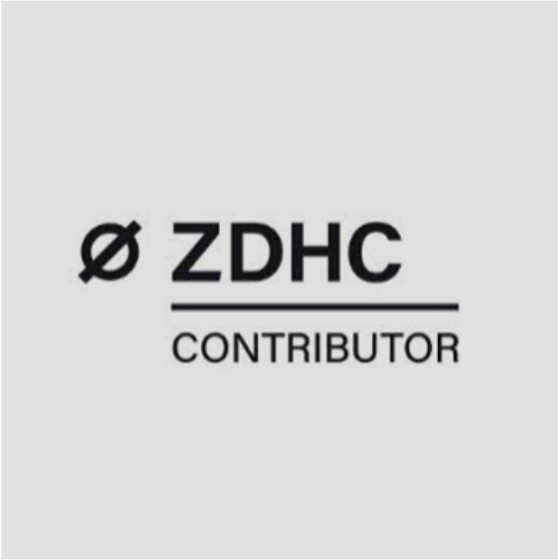
ZDHC
Birla Cellulose is a member of ZDHC and has contributed in formulating the guidelines for MMCF. The guidelines offer unified criteria for measuring output indicators with 3 level approach namely Foundational, Progressive and Aspirational. VSF producers are required to meet wastewater target by 2021 & air emission target by 2023.
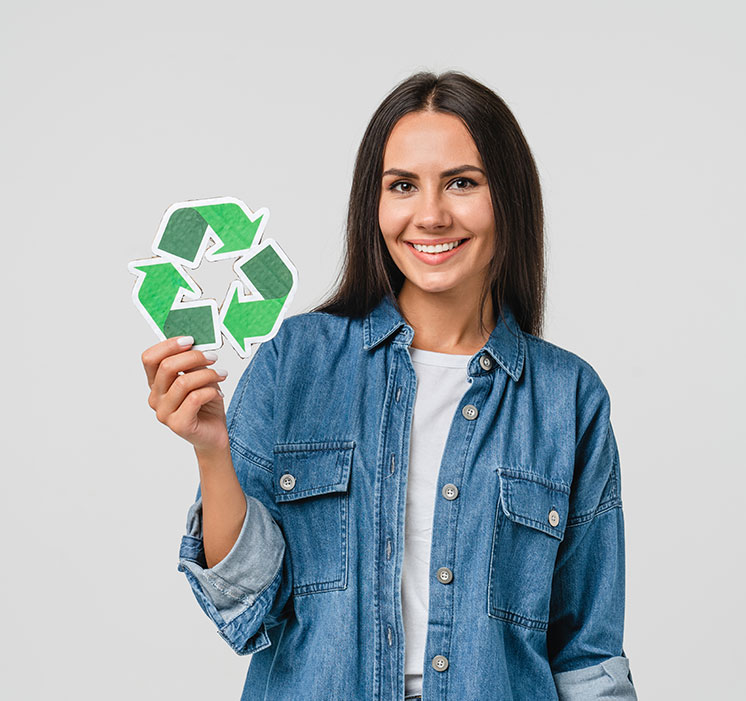
Decarbonisation at Birla Cellulose
Birla Cellulose recognizes the potential harm that climate change could cause to our natural resources and our business. We acknowledge that global emissions of Greenhouse Gases (GHG) are the primary driver of climate change. Our customers/value chain partners are also beginning to inquire about GHG emissions associated with our products and throughout our supply chain.
To continuously improve our operational excellence, Birla Cellulose is implementing various energy efficiency initiatives. We are closely monitoring global, regional, and national-level policies and regulations related to climate change and its mitigation, as these may have financial implications for our business in terms of energy and other relevant resources.
Read More





